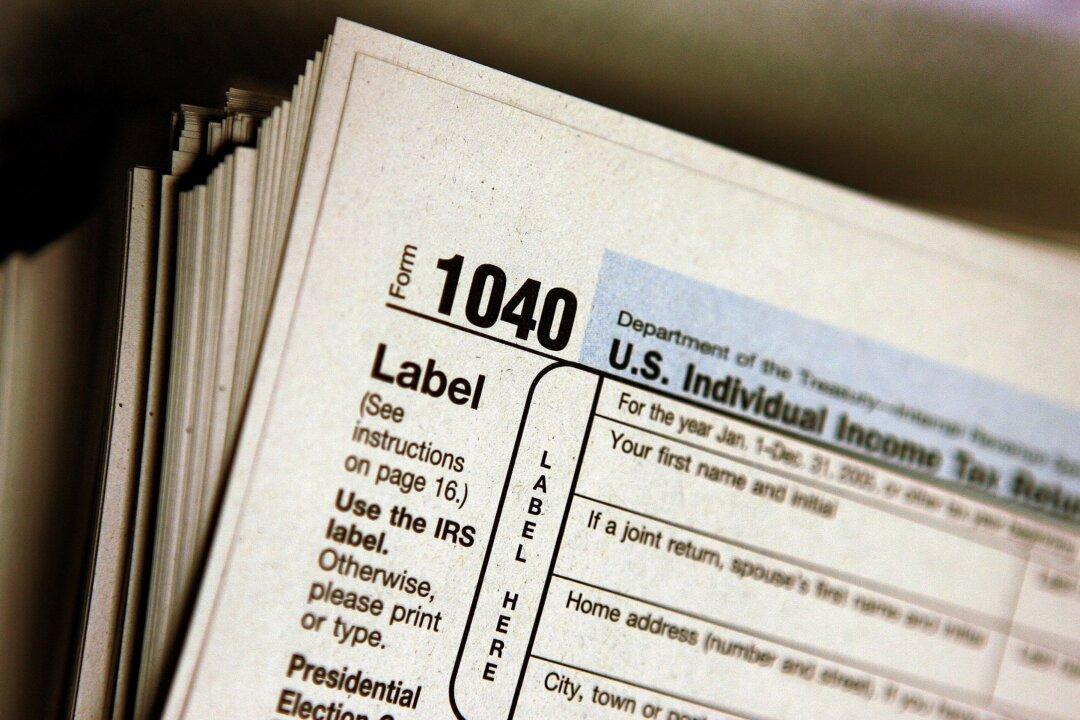The clock is ticking: there are about four days to go until tax day, which lies on Tuesday, April 18.
The IRS has said that if one’s tax returns contain no errors or potential red flags, a refund should be delivered within 21 days if the taxpayer files electronically and wants the money directly deposited in their bank account. For those using traditional mail, it could take months.





